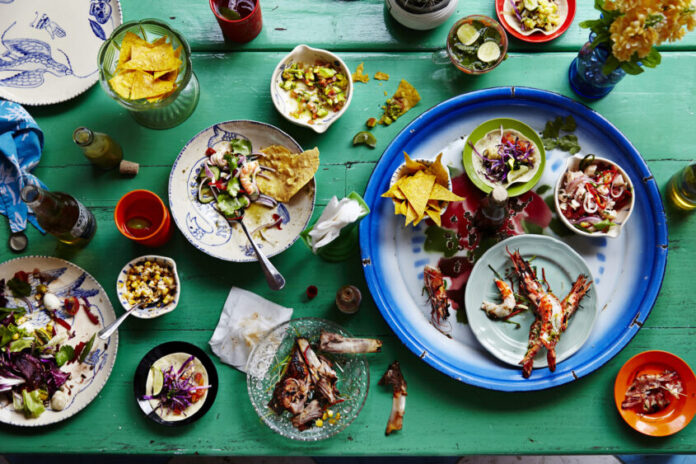
Food waste remains a lingering problem worldwide, but it is an especially perennial issue in Australia. Data from a KitchenAid survey shows that a whopping 9 out of 10 Australian households tend to discard around a quarter of the entire bulk of food that they prepare for the whole holiday season.
Sharing food and drink with your loved ones is definitely encourages during the season of giving. But, as can be applied to virtually everything in this world, moderation should also be exercised in this regard. Indeed, it is high time for Australia to discard its Christmas culture of excess, which will only be good for the planet in the long run.
Let’s take a look at how everyone is doing their part and how you can make your own contributions in your own way. Even small, gradual changes can lead to big, positive improvements overtime after all that will only be immensely beneficial for the environment and everyone.
How the Supermarket Industry is Addressing Food Waste
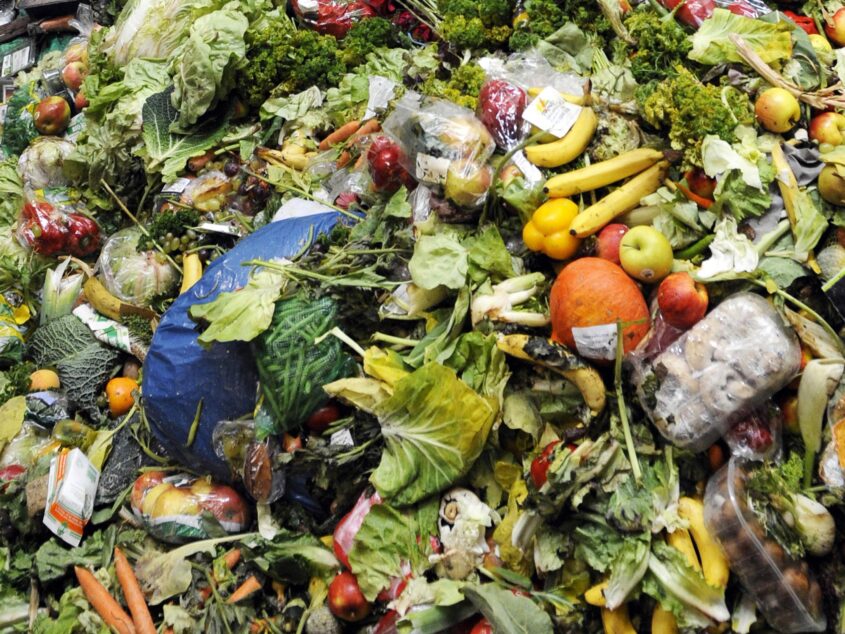
Supermarket brands have one of the largest impacts on food waste. What is good is that household brands like Coles are doing everything they can to help in the issue of waste, which is particularly prevalent once the holidays roll in. Last year alone, the retail giant pledged to halve its food waste production by 2023.
They are doing this by taking essential steps such as greatly reducing the use of plastics and relying on recyclable packaging more. Of course, they also vowed to directly address the problem by donating surplus foods instead of them being directed straight to landfills. Furthermore, they are also encouraging their customers to avoid becoming too excessive in the meals that they prepare.
If you take a closer look at plenty of Coles catalogs nowadays, especially the Christmas editions like this one, you will notice that not only are they offering huge price cuts, but they also actively give people ideas about what they can prepare for every festive meal during the holidays. This applies to breakfast, lunch, and dinner.
In the process, they also readily give you an inkling about the portion sizes that are just right for the entire family. Yes, they are not offered assets, but each food item is actually being sold with ready discounts attached. And the catalog takes the time to lay out everything on a table to give people an overview of the feast, so to speak, as well as a clear picture of the total amount that you only need to spend to complete it.
Such subtle yet effective measures do well to convince people to prepare well-balanced meals that do not go overboard, as most households are wont to do once the festivities begin.
How You Can Aid in the Fight Against Holiday Food Waste
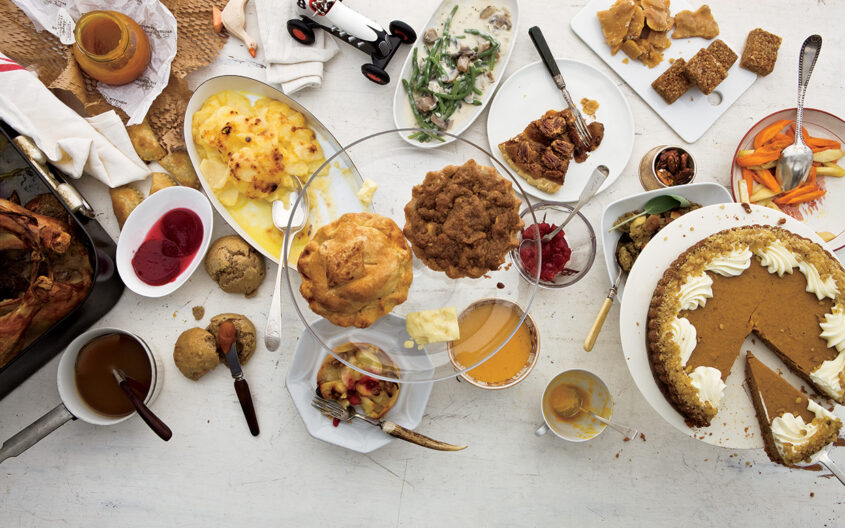
The supermarket industry can only do so much to halt the progress of the food waste problem. This is why your help is also nothing less than necessary. You may have felt and continue to feel the pressure of “going all out” every holiday season simply because it is “tradition” or that you have to impress your visiting relatives.
But knowing the impact of food waste on the environment and the economy, surely you would agree that it should take precedence over these arguably petty reasons? Sustainability requires nothing less.
That said, once you have decided to take a more active approach to help solve this seemingly herculean challenge, then feel free to follow these valuable tips on how to greatly reduce food waste during the holidays.
1. Plan your meals better.
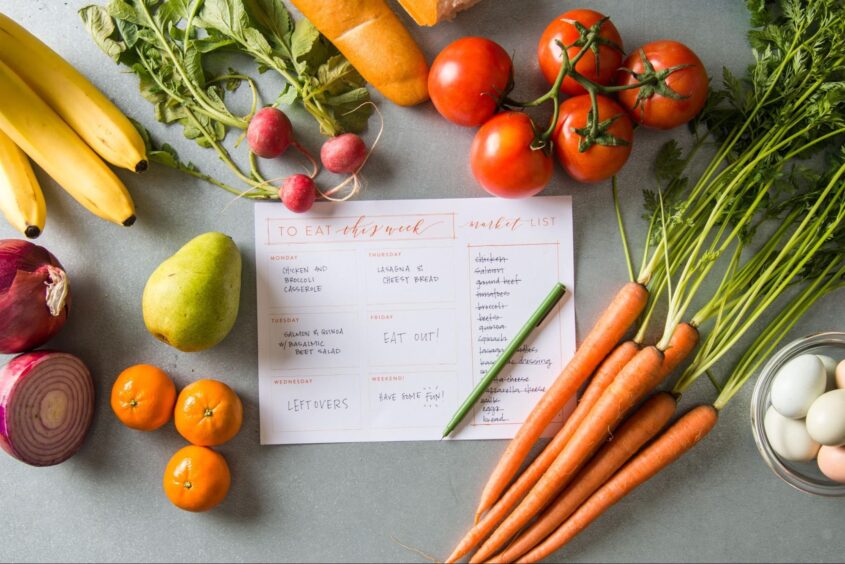
Careful planning of the meals that you are going to cook cannot be asserted more. Having a solid idea of every feast you are going to prepare will prevent you from cooking based on whim alone, which only ever leads to excess.
All the better if you can involve everyone in the family or assign a specific food or drink item to each person. This is especially true if your relatives usually come over for that annual Christmas lunch or dinner. Take the time to construct a list so you will have a solid reference and not have to recall everything from your head.
Do not immediately think that you might end up under-preparing. If the general trend over the years has shown excess food that only ends up in the trash, then that is a fairly good sign that adjustments are in order.
2. Place value on leftovers.

Treating leftovers as something that is disposable will only raise the chances of them being placed in the trash bin before long.
As much as possible, do not delay packing and storing food that has a tendency to spoil in just a matter of hours if left exposed on the table or stove. Remember, it can get very hot sometimes during the entire holiday season, and if there is one element that is the prime cause of rapid food spoilage, it’s heated.
Additionally, make it a point to prepare meals whose leftovers you can confidently convert into equally, if not more, sumptuous dishes afterward. Leftover hams and other meat can be made into sandwiches or added to toasties, for instance. The same goes for fresh veg, as long as they are quickly stored in the refrigerator after everyone has eaten. Pickling, by the way, is another efficient alternative.
3. Consider composting those scraps.
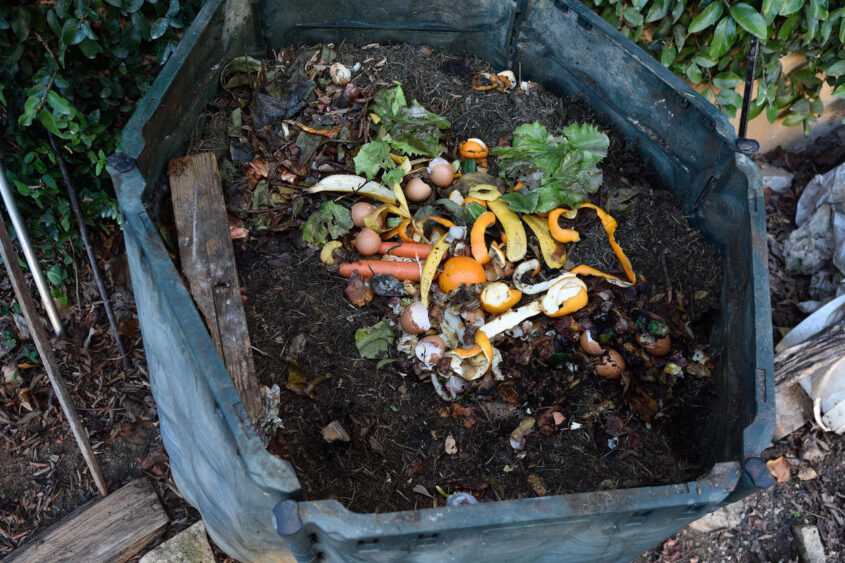
If you have a garden, it will do the environment a lot good if you adopt the habit of composting your scraps. And even if you don’t, you can always donate it to someone in your neighborhood who does. There are numerous references online to help you begin this eco-friendly habit, and you will find that it will be well worth it.
Conclusion
What’s apparent is that solutions to the food waste issue start with simple awareness. And for a lot of people, simply knowing that it has such a huge impact on the environment already serves as a great motivation for them to start doing their part. And in the spirit of the holiday season, we hope that you will find it in your heart to do the same.











